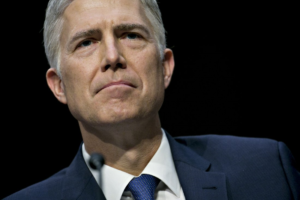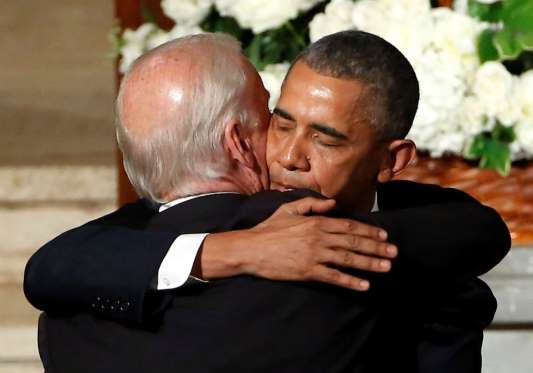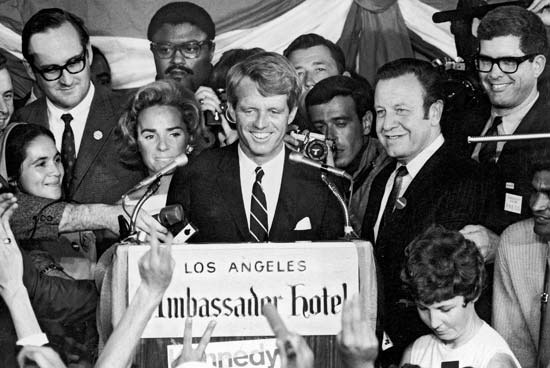There once was a time when the U.S. Senate could be a place where senators disagreed but remained friends.
I believe those days are over. They perhaps have been gone for a lot longer than I realize. The confirmation battle over Judge Neil Gorsuch closes the deal.
Say goodbye to Senate collegiality.
Gorsuch’s confirmation came on a fairly narrow vote. All Republicans voted to seat him on the U.S. Supreme Court; all but three Democrats voted against his confirmation.
Some of us — including yours truly — used to believe the federal judiciary somehow was insulated from partisan politics. Not true. Maybe it’s never been true.
Senate Republicans tossed the filibuster rule into the crapper to get Gorsuch confirmed. The Senate used to require 60 votes to quell a filibuster. Democrats launched a filibuster to block Gorsuch’s confirmation; Republicans answered by invoking the so-called “nuclear option” and changing the rule to allow only a simple majority to end a filibuster.
Democrats are angry that Donald J. Trump got elected president in the first place. Their anger metastasized with Trump’s appointment of Gorsuch after Republicans blocked Barack Obama’s nomination of Merrick Garland to succeed the late Antonin Scalia.
I’m not at all confident that either side is going to find a way toward some common ground — on anything!
I recall a story that former Republican U.S. Rep. Larry Combest once told me about his former boss, the late U.S. Sen. John Tower; Combest served on Tower’s staff.
Tower, a Texas Republican, was a fierce partisan. One day, as Combest recalled it, he and another equally ferocious partisan debater, the late Democrat Hubert Humphrey, were arguing on the Senate floor about some legislation. They were gesturing and shouting and saying some angry things while arguing their points, Combest remembered.
After a lengthy floor debate, the presiding officer gaveled the session closed, Combest said, and Sens. Tower and Humphrey walked toward the middle of the floor, shook hands — and walked out the door with their arms around each other.
My gut tells me those moments are long gone.


